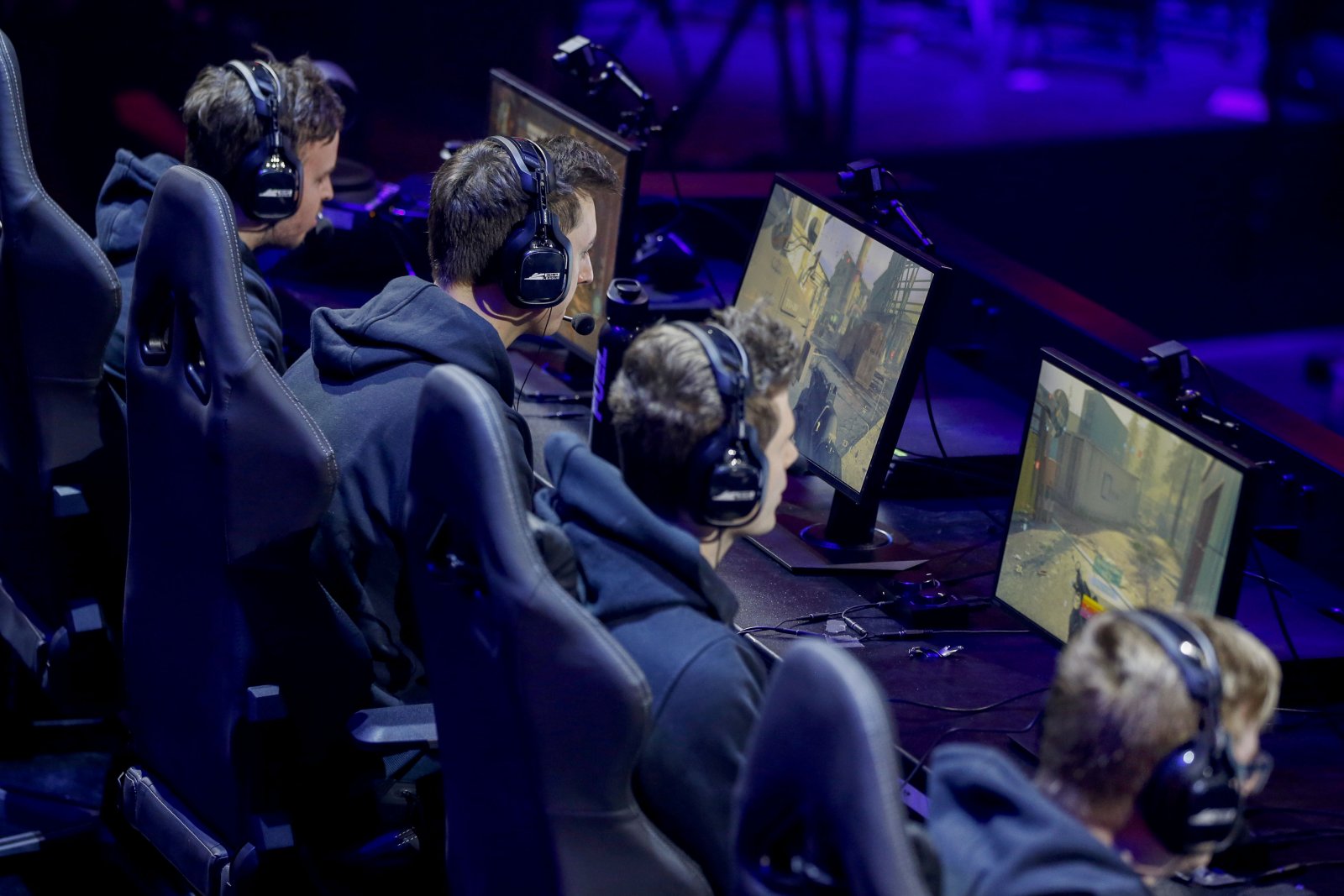
How traditional sports and associated brands will continue to use esports to engage with fans and TV audiences
Esports are receiving a significant increase in mainstream media coverage, accelerated by the coronavirus pandemic and subsequent shutdown of more traditional sports. For example, mainstream outlets in the UK, such as the BBC Sport, Sky Sports and BT Sport have all broadcast esports on their main channels in the last few months.
In the past we have seen the esports ecosystem rapidly mature and grow as it draws lessons from traditional sports in the way that it employs coaches and analysts and the way it develops its revenue streams through its fans, sponsors and sales of merchandise and apparel. However, we are now starting to see the transfer of knowledge moving in the opposite direction, with traditional sports rights holders looking to learn from esports. One of the main drivers for this is that rights holders are seeing a growing number of people – young people in particular – no longer engaging with traditional sports in the way they used to. For example, young people are less likely to watch live TV broadcasts, which is the way sport has traditionally been consumed.
Football clubs such as Sporting Lisbon, FC Schalke, Wolfsburg and Manchester City are all getting involved in esports, whilst families such as the Krafts, owners of the New England Patriots, have purchased esports teams in major franchise leagues.